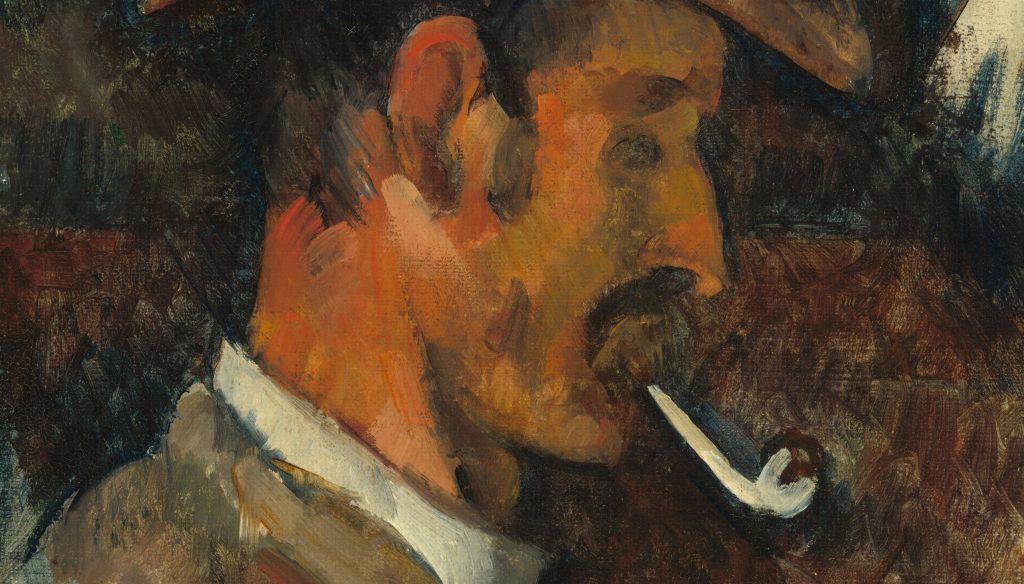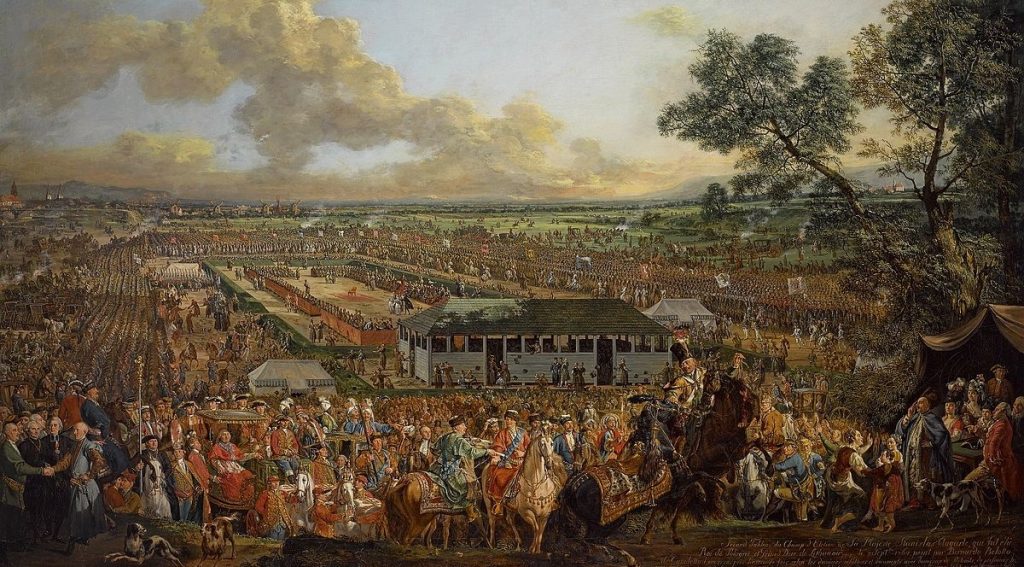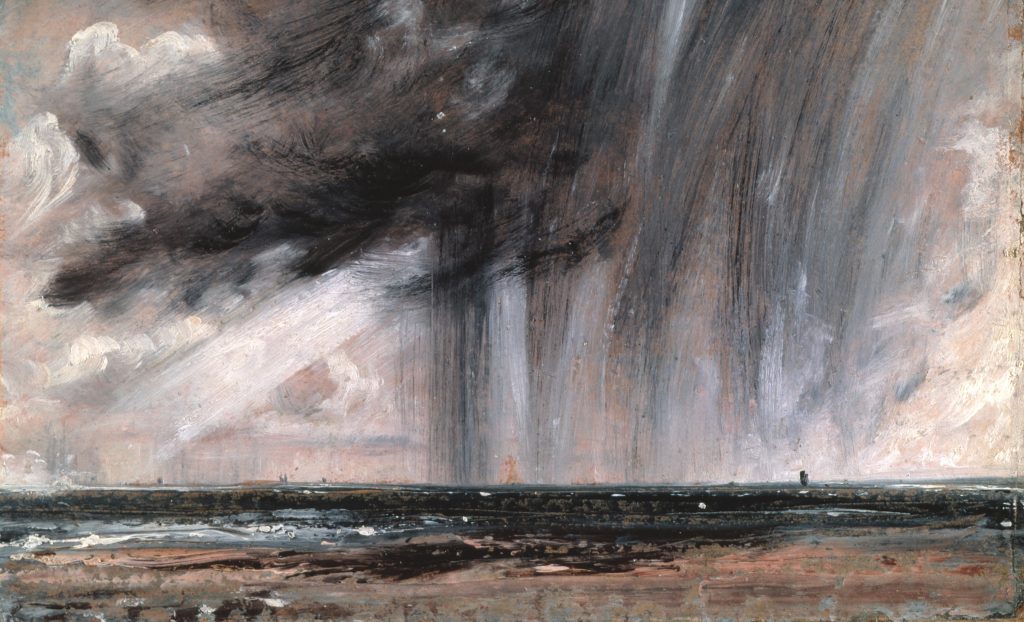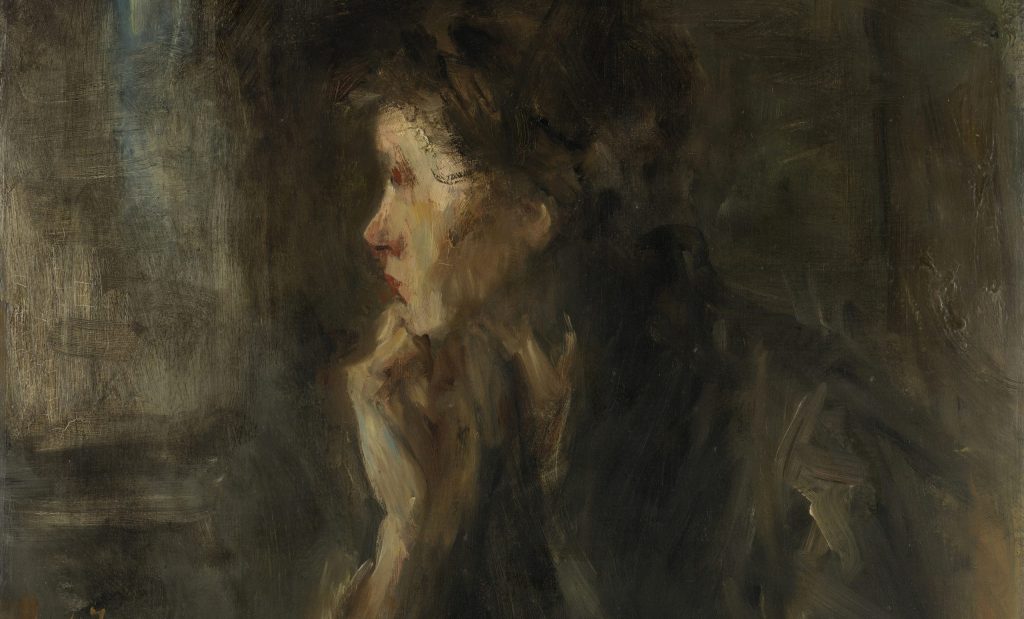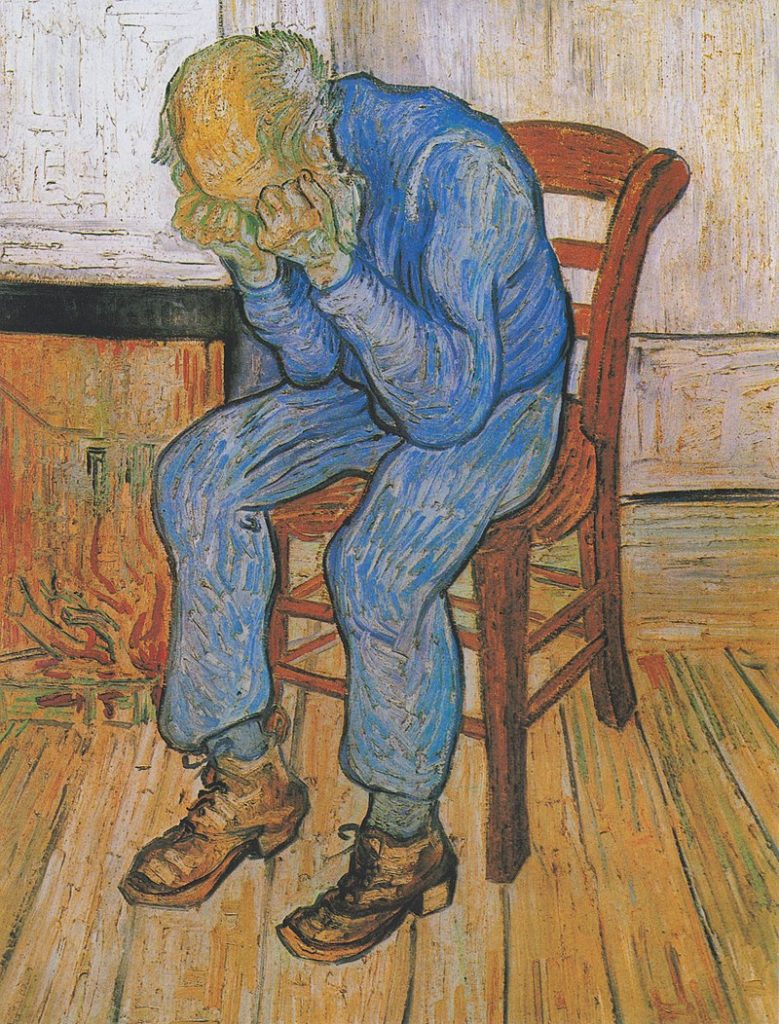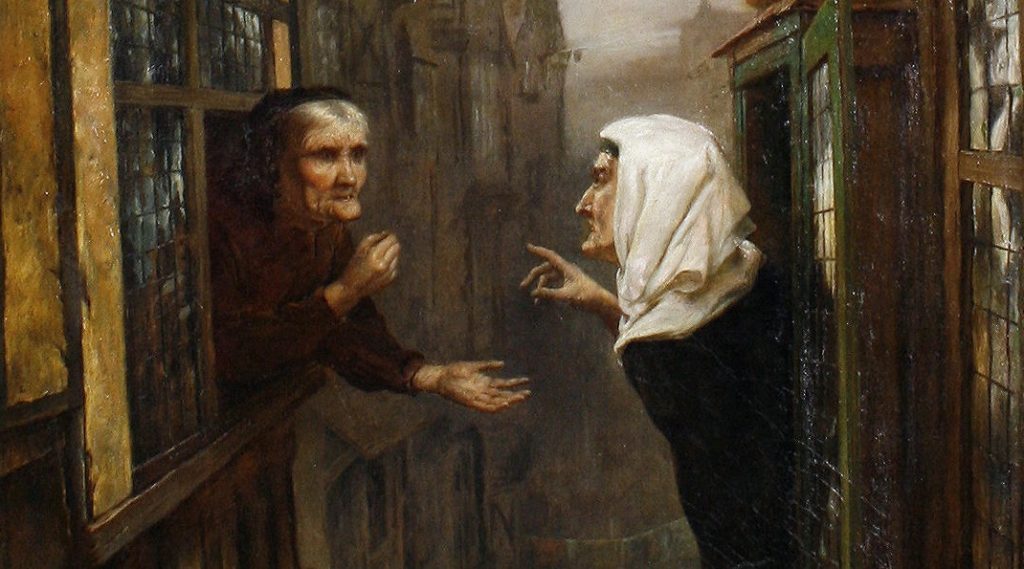
Orbán vs. Pressman: Insights into Current US-Hungary Relations
Diplomatic relations between Hungary and the United States date back to the aftermath of World War I, when all states came to the conclusion that the globe is not a group of geographically isolated regions anymore, but a community. Consequently, all states affect one another, and mutually beneficial relations can only be established if they all cooperate.




